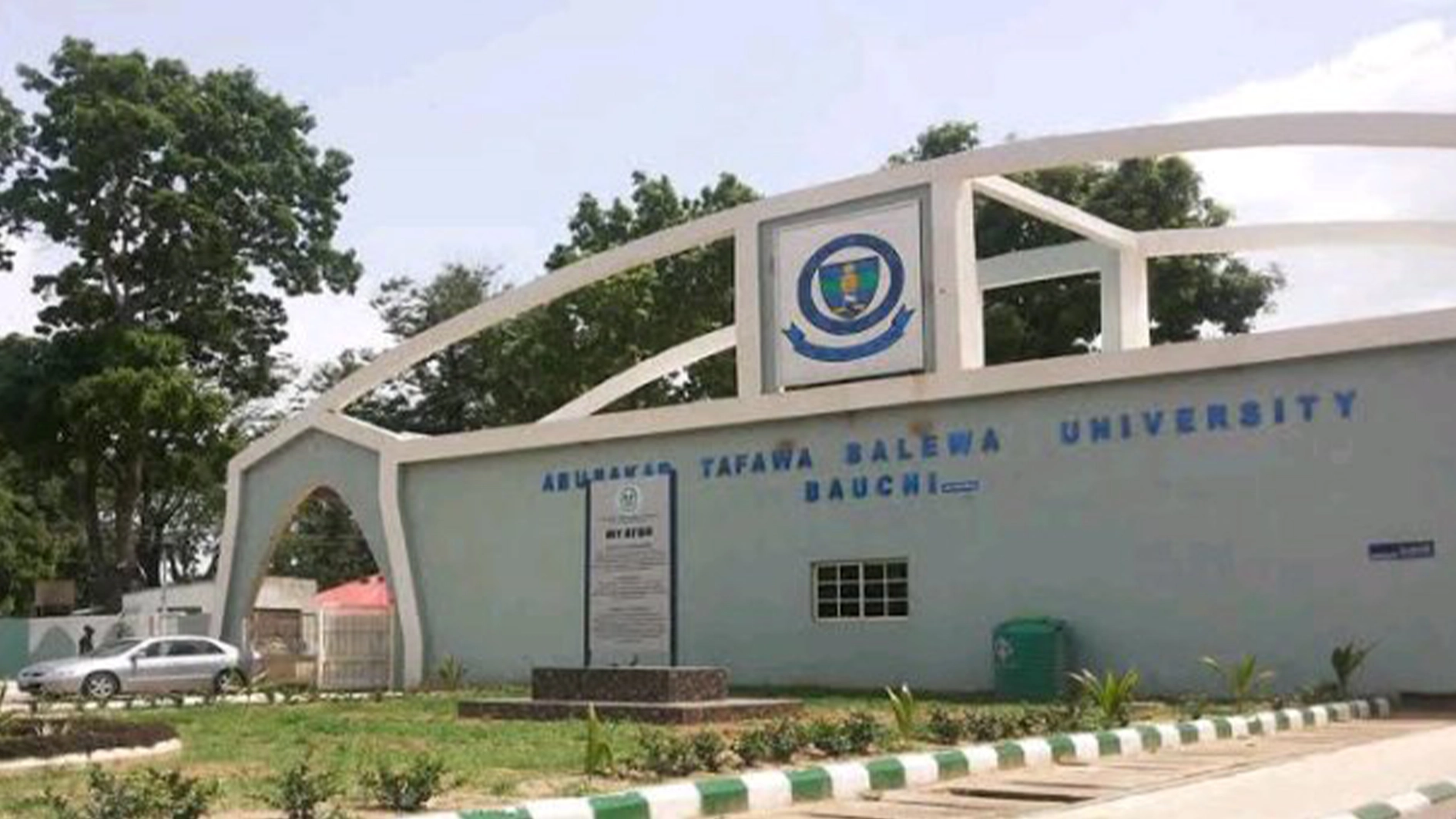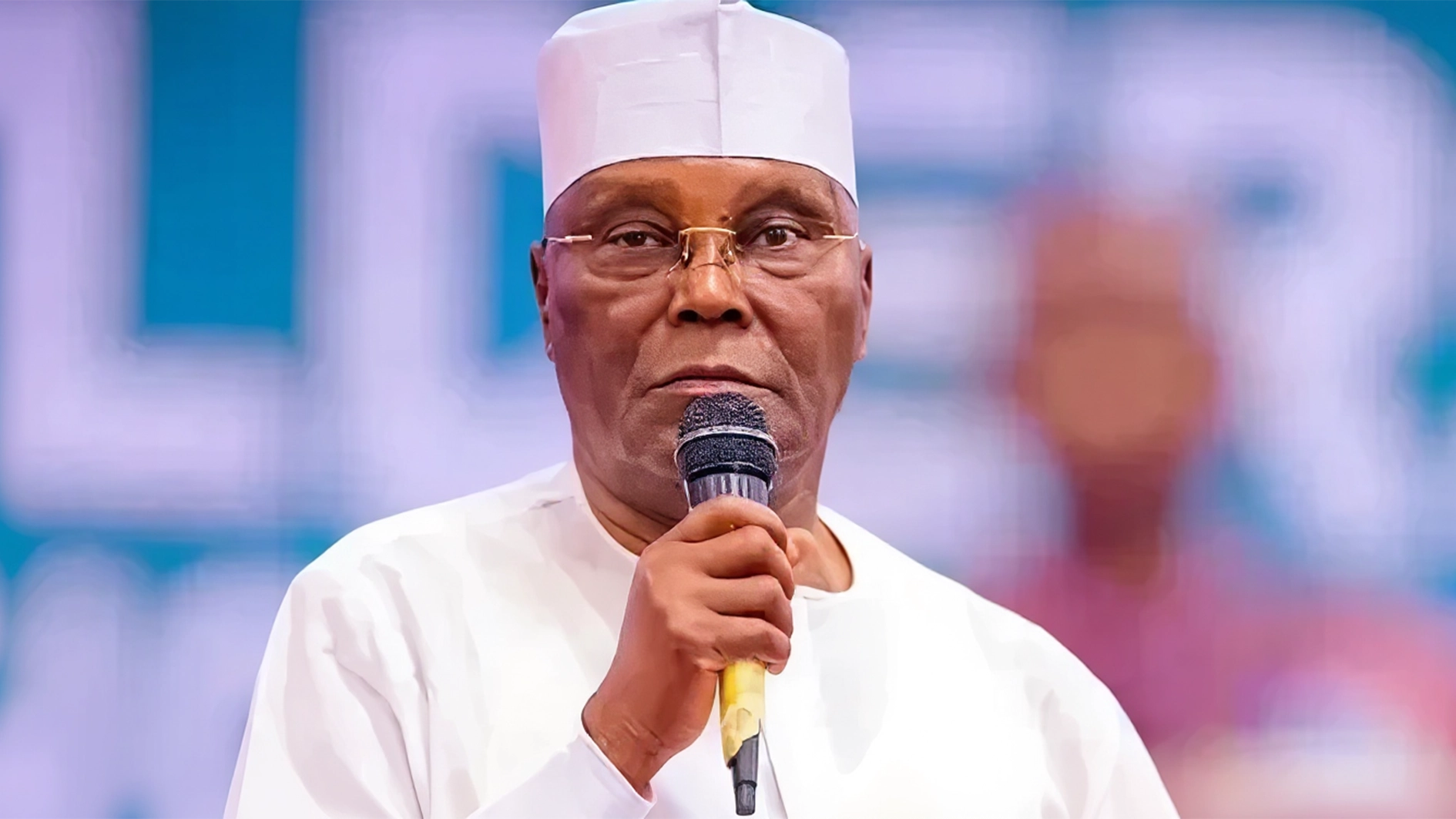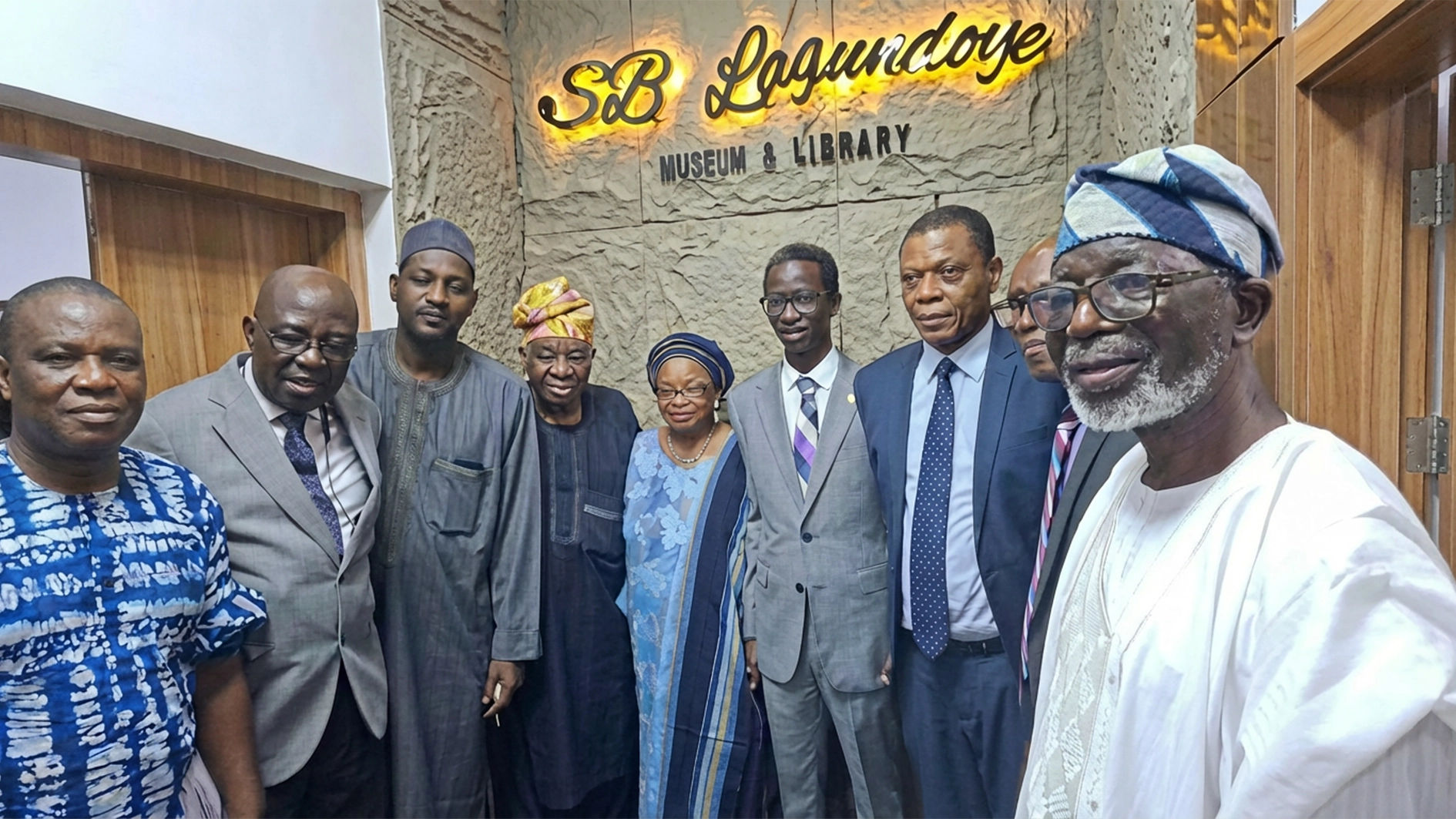The Korea International Cooperation Agency (KOICA) has held its Annual Performance Evaluation Forum (APEF), an event designed to assess and reward the performance of principals and teachers in the six KOICA-supported smart schools across Nigeria.
The forum, a key component of the KOICA Education Project implemented by UBION Consortium, the project management consulting company, evaluates schools using indicators categorised under school management and curriculum operations.
It also serves as a platform to recognise outstanding school leaders who have demonstrated excellence in implementing smart education initiatives.
The maiden edition of the forum was held in December 2024 during the Best Practice Conference.
This year’s edition marks the conclusion of the project’s monitoring and evaluation phase, with participants presenting progress reports from their respective states — Bauchi, Ekiti, Cross River, the Federal Capital Territory (FCT), Kano, and Nasarawa.
At the end of the assessment, Kano State emerged as the overall winner, recognised for its strong performance in school management, innovation in digital learning, and commitment to equipping students with 21st-century skills.
According to Ja’afar Adi, Principal of UBEC Model Smart School (UMSS) Nasarawa, the school management segment focused on how effectively smart school leaders have implemented the concept of smart education.
Indicators included creating conducive learning environments, organising smart school fairs, and mobilising SUBEB and stakeholder support to sustain smart education initiatives.
The curriculum operations segment evaluated how schools monitored teacher performance, improved student learning outcomes using digital content, utilised content development studios to enhance classroom instruction, and supported the Teacher Learning Community.
In Bauchi State, Tahir Inuwa Babayo, representing UMSS Bauchi Smart School in collaboration with SUBEB, announced plans for a second Smart School Fair in December.
The event aims to build on the success of the 2024 pilot edition by inviting participants from various Local Government Education Authorities (LGEAs).
Activities will include a quiz competition, project exhibitions by students and teachers, and cultural performances. Prizes and certificates will be awarded to winners in each category.
In Ekiti State, David Ayodeji Osatuyi, Principal of the UMSS, Ijan-Ekiti, highlighted the school’s commitment to its motto — “Smart Education, Brighter Future.”
He stated that the school’s environment fosters both knowledge acquisition and essential 21st-century skills for learners and teachers.
Osatuyi noted that classrooms are equipped with interactive whiteboards, projectors, and tablets for students, as well as laptops for teachers, enabling flexible teaching methods.
The school also boasts flexible learning spaces, rich digital content, and hands-on agricultural education under the “Agriculture in Schools Programme.”
To enhance operations, the Ekiti SUBEB Chairman, Prof. Femi Akinwumi, approved the posting of 30 non-teaching staff, including office assistants, gardeners, and cleaners, to the school. A solar inverter system has also been installed to ensure uninterrupted teaching and learning.
In Kano, the Model Smart School outlined its vision for the 2024–2025 academic year, which focuses on producing globally competitive students equipped with advanced digital skills to meet the demands of modern education and the global job market.
For the FCT, Ado Murtala, Principal of the UBEC Model Smart School, Karshi, presented innovations using local instructional materials that reflect cultural and social values.
The school also promotes teacher collaboration, student-centred learning, and participation in extracurricular and sporting activities to enhance students’ physical and mental well-being.
The KOICA Annual Performance Evaluation Forum continues to serve as a platform for innovation, accountability, and recognition among Nigeria’s smart schools, reinforcing the nation’s commitment to technology-driven education and the development of future-ready learners.






